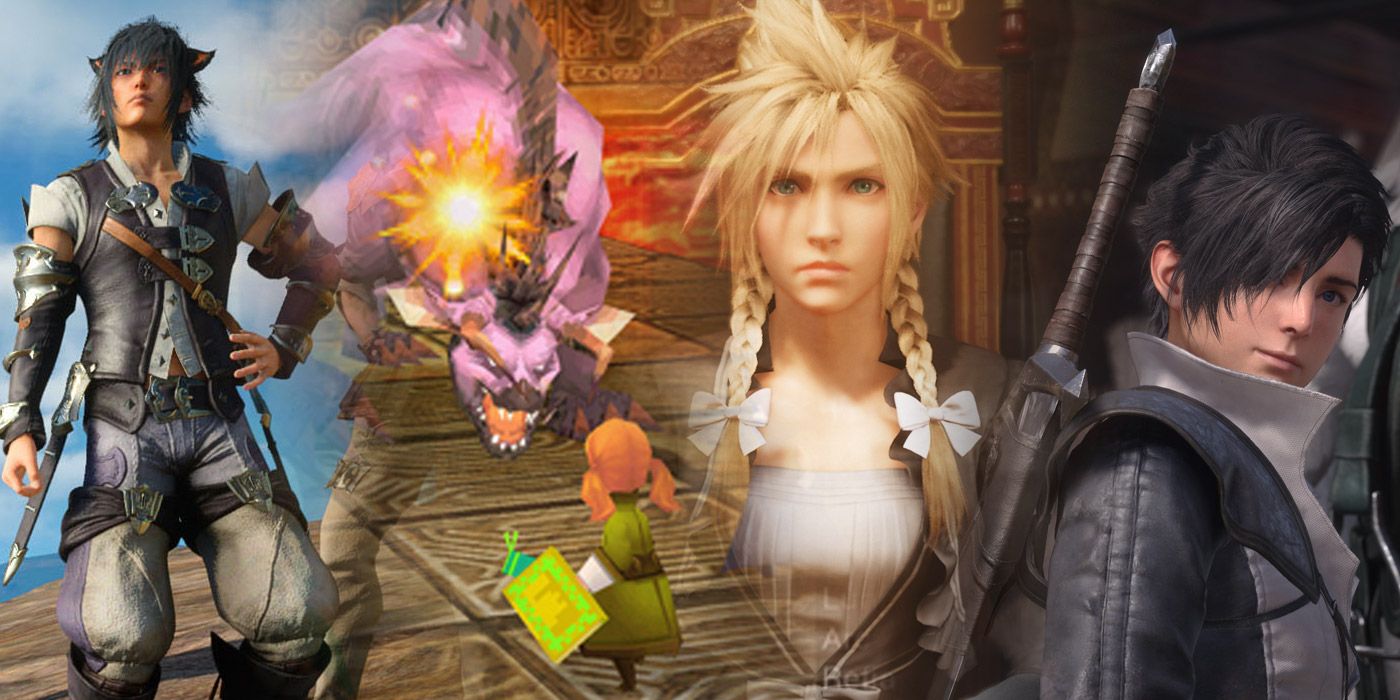
For a game series that was initially spawned out of a last-ditch effort, this long-running JRPG series never seems to reach the finality where its namesake comes from. That's a good thing, of course. Over time, Final Fantasy has ebbed and flowed between different entries, different ideas. Each game takes place in a completely separate setting, telling a completely separate story. Gameplay mechanics and systems have changed significantly, especially in the more recent entries. Final Fantasy has always been a malleable series, ever since the franchise's inception in 1987, all the way to the upcoming Final Fantasy 16 coming soon.
Obviously this list is not going to be inherently objective, especially in the highest tiers, as Final Fantasy is a franchise full of differences and favorites. There are plenty of fans that consider any entry between Final Fantasy 6 and Final Fantasy 10 as the best game in the series. Some would argue that Final Fantasy 12 is better than any of those games. Opinions vary because of how different each subsequent entry is between releases, and how most fans have their preference in Final Fantasy JRPG flavor. That being said, there are some pretty clear winners and losers throughout the whole series, even if some of the best Final Fantasy entries are comparably great.
RELATED: Xbox Game Pass February 2021 New Games Include Final Fantasy 12 and More
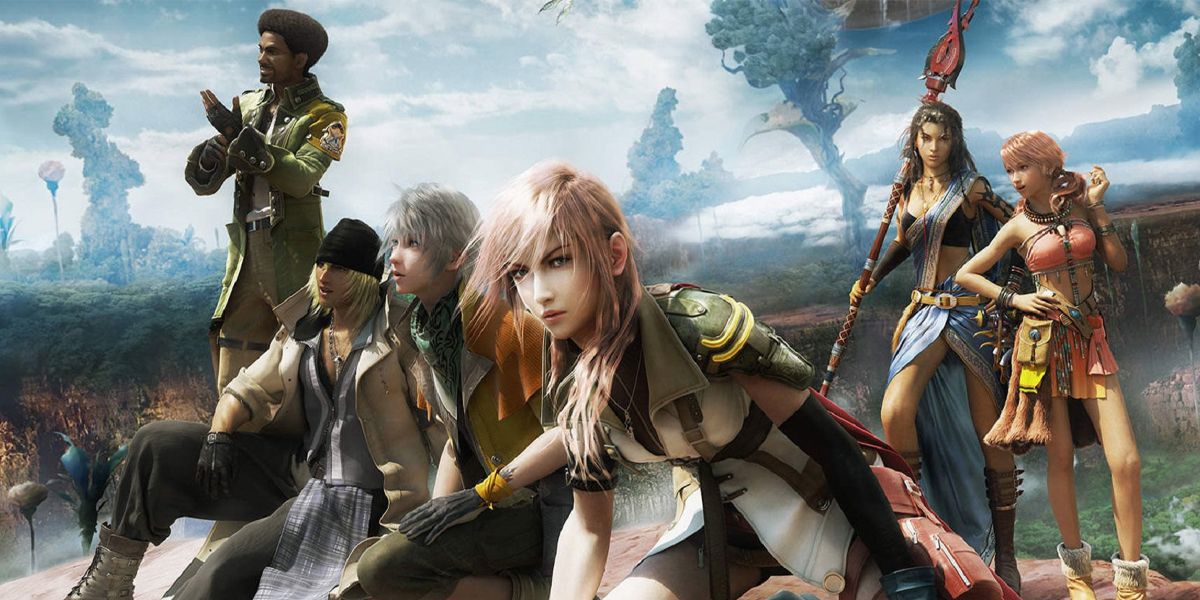
Final Fantasy's humble beginnings did help kick-start the franchise's popularity and eventual success, but the first three games pale in comparison to later efforts. Final Fantasy 1, 2, and 3 each emphasized what's quickly become the tropes of JRPGs like Final Fantasy. While Final Fantasy 3 was the only game that began to emphasize the best parts about the Final Fantasy series, it just wasn't quite impressive compared to later entries. It doesn't help that all three classic games are mechanically dated and tedious to play compared to their successors.
The only modern exception in this tier is Final Fantasy 13, the entry many may have expected to rank lower on the list. Final Fantasy 13 is a strange behemoth of a game that somehow manages to be both derivative and uninteresting, whilst also trying and failing at executing new ideas as well.
The main character is a brooding protagonist with a gunblade. Sound familiar? So are most characters in the main cast. The game takes place in a sci-fi inspired setting hellbent on relentlessly hitting players over the head with supernatural jargon with L'Cie, Cieth, Fal'Cie, and all of the strange permutations in between. Final Fantasy 13 also features the most simplified version of the active time battle system, as well as a hybrid "Paradigm" job system that was a bit arbitrary compared to other games. Final Fantasy 13 is one of the better looking games in the whole series, but that's really the only positive aspect paired with the litany of comparatively disappointing features.

What's interesting about this next tier of Final Fantasy games is that both entries here were formative at the time, but lackluster in retrospect. Final Fantasy 11 was the first time the mainline series had entirely shifted genres, instead of slightly bending the JRPG formula. Jumping ship and becoming the first MMO in the series, Final Fantasy 11 was certainly memorable for that reason, but was otherwise generic. It certainly wasn't a bad MMO by any stretch, but even after the years of support (even to this day), Final Fantasy 11 resembles a very traditional MMO framework that's far outclassed by the more recent Final Fantasy MMO.
Final Fantasy 15 was a formative game as a test run for open world and action-RPG mechanics. To some extent, Final Fantasy 15 falls into the same area that Final Fantasy 11 does, in that it can be generic. It doesn't help that the game was stuck in development hell for over a decade, but even putting that aside, everything about the combat system and open world reflected western design more than a JRPG. Paired with two warring empires as the main conflict, a jester-like villain who's awfully like Kefka, and the story ends up being quite similar to previous Final Fantasy games. Final Fantasy 15 does have redeeming qualities, but they're few and far between.
RELATED: Bravely Default 2 Carries The Torch Of Final Fantasy’s Classics
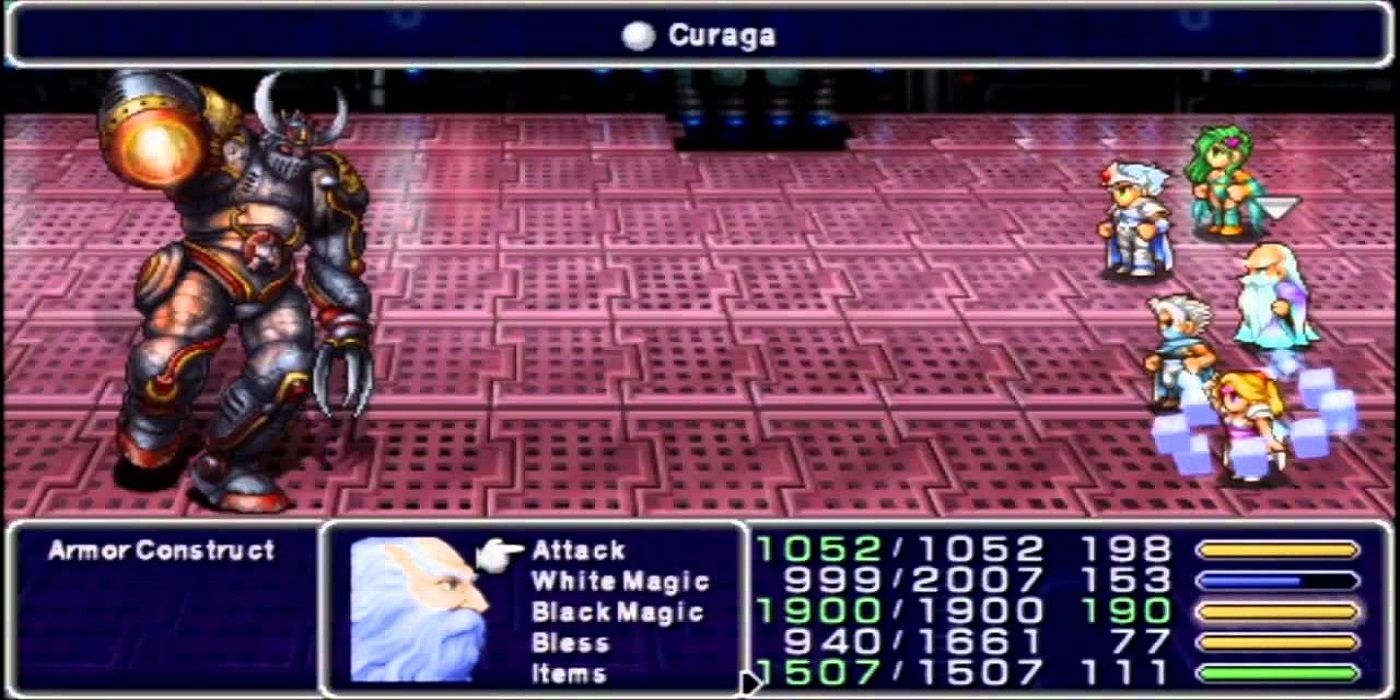
Arguably, the fourth and fifth Final Fantasy games are neither great, nor bad. Both of these titles don't necessarily have any glaring downsides, but distinguishable upsides are hard to quantify compared to later entries in the series. Final Fantasy 4 ushered in the active time battle system used until Final Fantasy 10, as well as introduced a fluid class system. The narrative was also a vast improvement over the first three games, with character-driven stories that added much-needed personality to the plot.
Final Fantasy 5 had excellent RPG mechanics and gameplay, especially with the refined Job system in the game. The sheer amount of customization between jobs and the cross-pollination of skills between each class makes every playthrough of Final Fantasy 5 unique. However, the plot and characters of the fifth game simply lack the same memorable or endearing qualities compared to other entries, including Final Fantasy 4.
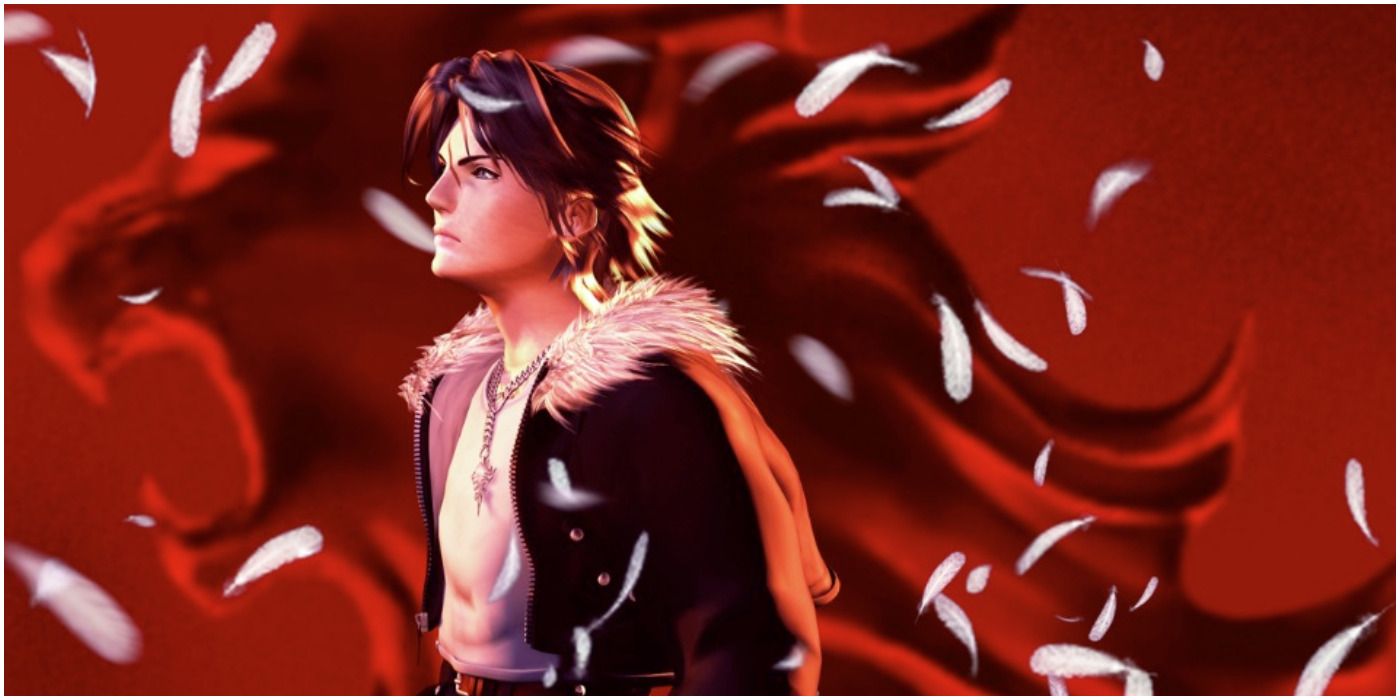
This is where things get real interesting, because most fans really start to split opinions on the better end of Final Fantasy entries. If it had to be narrowed down, entries from Final Fantasy 8 to Final Fantasy 12 (excluding Final Fantasy 11) would find themselves in this tier compared to the best. Each game has several qualities that makes them all fantastic entries in the Final Fantasy franchise, but aren't quite as extraordinary as the best games in the franchise.
Final Fantasy 8 ends up here because it's arguably the most ambitious and polarizing entry in the series, taking the most risks in RPG mechanics and storytelling compared to others. Final Fantasy 9, while a beautiful love-letter and callback to the medieval Final Fantasy games, is also derivative in setting and tone. Final Fantasy 10 made the inaugural jump to high fidelity graphics alongside impressive refinements of classic mechanics, but the game shows its age in several key areas. Final Fantasy 12 has largely become a niche entry in the franchise, since it's mechanically very different from its predecessors.
RELATED: The Fantasy Game Renaissance is Nearly Upon Us
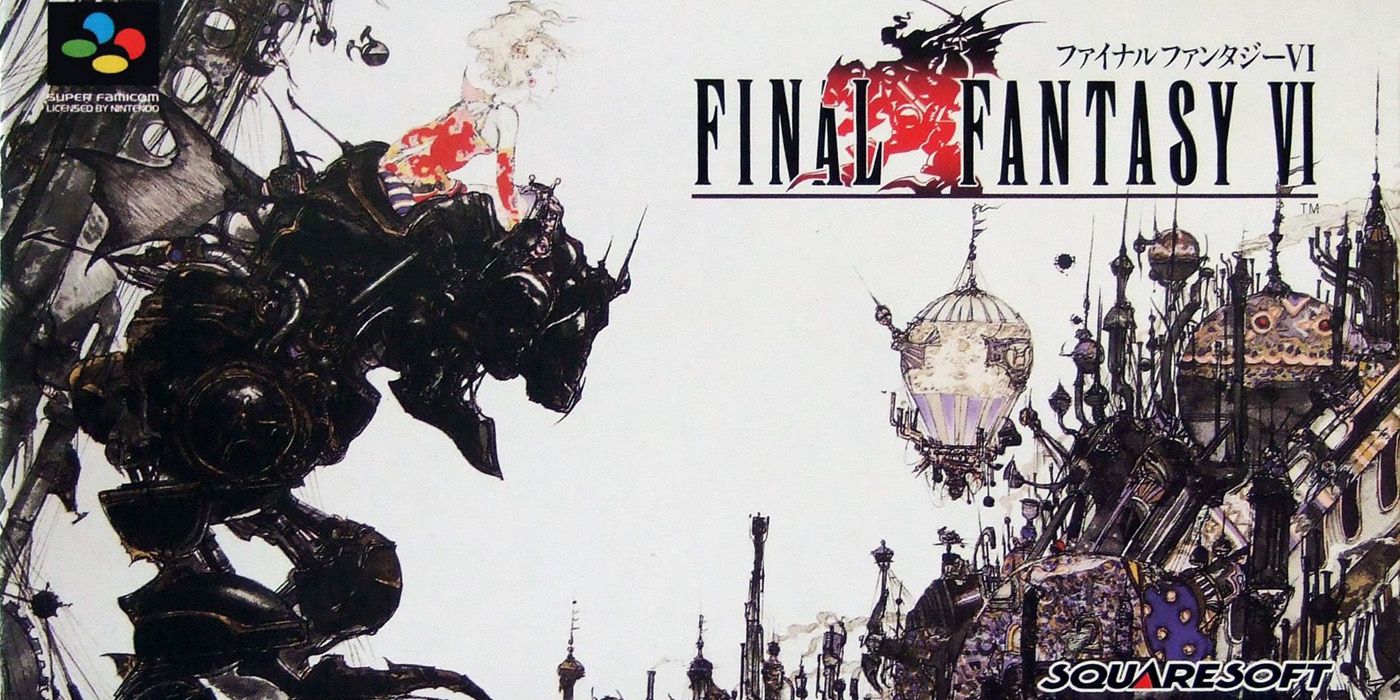
The best of the best Final Fantasy games will likely come as relatively no surprise to many, with the one exception being Final Fantasy 14. The 14th game is a special case in that, despite launching in a state far worse than Final Fantasy 11 initially, the game was re-launched and reinvented with A Realm Reborn. Unlike the traditional and slightly generic approach in the first Final Fantasy MMO, Final Fantasy 14 melds its source material into the MMO genre wonderfully. Homages to past games, alongside mechanics that are both easy to learn, hard to master, all make Final Fantasy 14: A Realm Reborn a perfect example of what a Final Fantasy MMO should be.
As for Final Fantasy 7, this choice is arguable for being one of the best entries in the franchise, but the seventh game deserves high marks. Final Fantasy 7 was the game that boosted the series' popularity worldwide, was one of the most successful entries in the franchise, and has become one of the most iconic video games in general. Even if it's not empirical evidence of why Final Fantasy 7 is so important for the series, there's merit to the game being important enough to be completely remade. However, even in the wake of Final Fantasy 7 Remake's first episode showing what the future holds, the original Final Fantasy 7 still holds up really well.
Of course, the quintessential Final Fantasy game is still Final Fantasy 6. Emphasizing everything that made the classic Final Fantasy games great, whilst also ushering many of the grounded sci-fi themes that would permeate through many subsequent entries. It was the last of the 16-bit era Final Fantasy games on SNES, and every aspect of the gameplay and story still remains some of the series' best. The pacing, from the linear start to the more open ended back half of the game, is near-perfect. All of the RPG mechanics and customizability enhance the game's gameplay freedom. Final Fantasy 6 is a masterclass entry that's a must-play for any JRPG fan.
Final Fantasy 16 is in development.
MORE: What to Expect from the Final Fantasy Franchise in 2021

